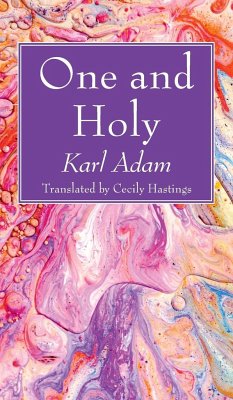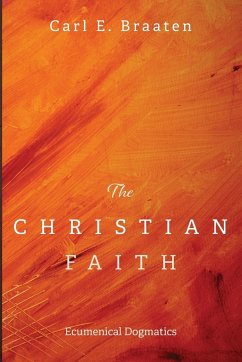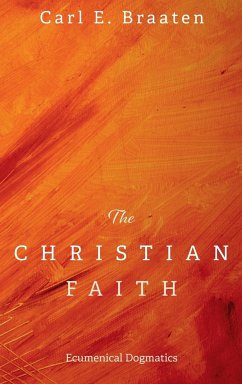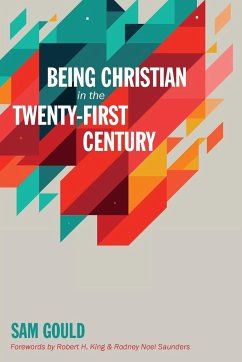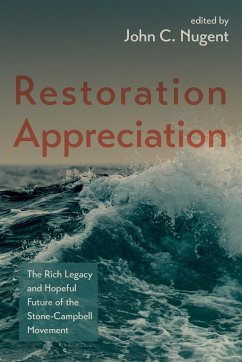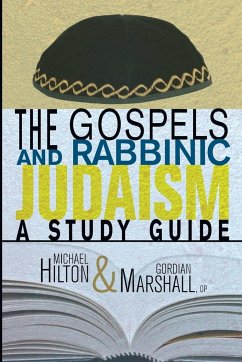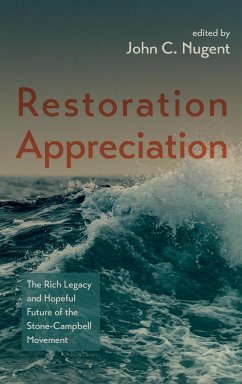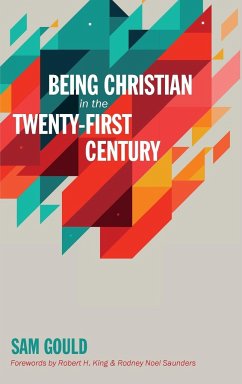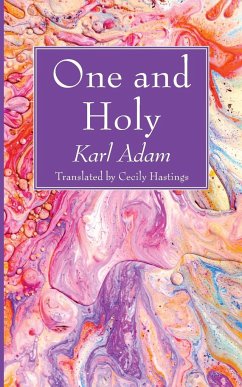
One and Holy
Versandkostenfrei!
Versandfertig in 1-2 Wochen
16,99 €
inkl. MwSt.
Weitere Ausgaben:

PAYBACK Punkte
8 °P sammeln!
This is the first work published since the war by the author of The Spirit of Catholicism. It is, in effect, a discussion of the possibility of reunion between Catholics and Protestants, but it begins unusually but sensibly--in a historical examination of how the breach came about in the first place. He finds a large part of the cause in the open scandals afflicting the Church, dimming the mark of Holiness. The unity of Christendom was lost through the action of men who thought Holiness had been lost. There follows an examination of the major Reformation doctrines--as they were in Luther and a...
This is the first work published since the war by the author of The Spirit of Catholicism. It is, in effect, a discussion of the possibility of reunion between Catholics and Protestants, but it begins unusually but sensibly--in a historical examination of how the breach came about in the first place. He finds a large part of the cause in the open scandals afflicting the Church, dimming the mark of Holiness. The unity of Christendom was lost through the action of men who thought Holiness had been lost. There follows an examination of the major Reformation doctrines--as they were in Luther and as with the passage of time they became in his successors--to show just what of Catholicism is in them and how easily they might he brought to absorb more. Karl Adam's conclusion is not optimistic, but on reflection not hopeless either.





